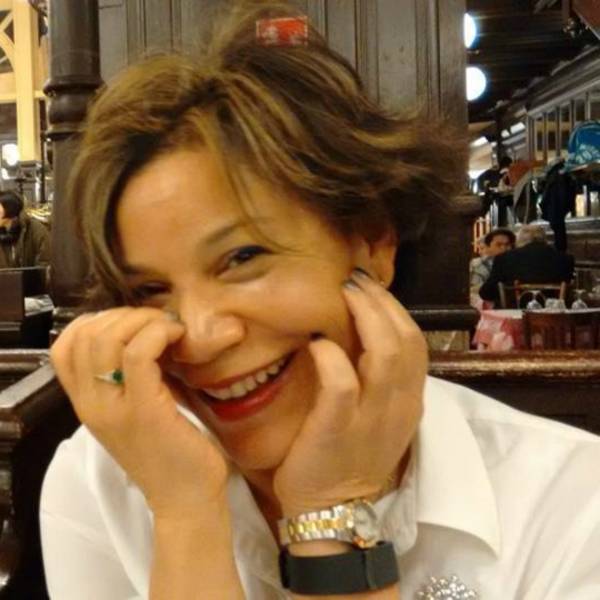Well, I went back and just asked her.
You see, I was waiting in line for frozen yogurt. One customer was ahead of me. There were only three of us in the shop: the clerk, the customer and me. His order was complicated with indecision; did he want a bowl? A cone? What size? They were friendly. They were white.
As they finished and she started for the register, and then a family came in: a man, a woman and two older children. They were happy. So was I. The clerk handed the man change and then turned to the family. "What will it be?" They ordered. I looked at myself. I studied the family, the clerk. The first customer was just out the door. The family sat down to enjoy their treats. I debated-inside my head.
When the shop was empty again, I went back to the counter, "Why did you serve that family when I was ahead of them?"
"I didn't see you," she said.
